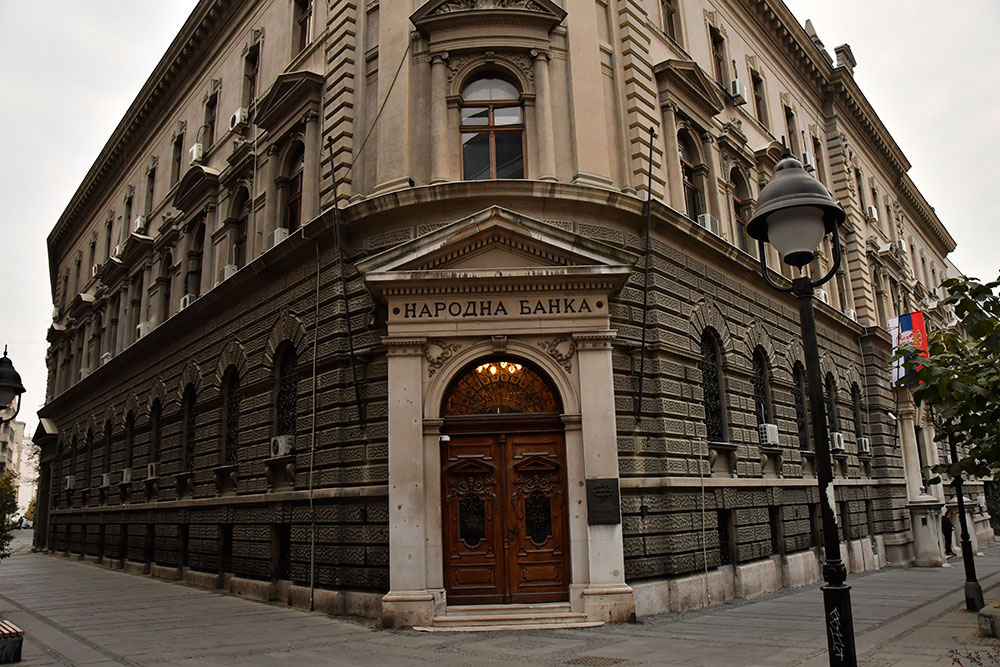By Ben Andoni
Prime Minister Rama’s recent tour through several municipalities, the demands for mass resignations, and the climax of centralizing local governance—along with the crackdown on illegal constructions in Theth, the certification campaign for dairy products, and whatever else may follow in the coming days—have once again confirmed that Albania does not function through institutions and structures, but through individual will.
The brief and awkward exchanges between Rama and the mayors (resembling students nervously awaiting exam results) have shown us that the rule of law and democracy are no match for a singular dominating will. Unfortunately, the most structured and institutional developments in the country are rooted in non-democratic regimes. The first came under the fascist occupation, and the second under the socialist regime, which, despite its rigidity and isolation, held a higher awareness of preserving certain national parameters.
For a bit of background: Italian engineers and specialists worked in Albania from 1915 to 1939, scattered across technical offices in various cities, within the Ministry of Public Works and S.V.E.A. (Società di Sviluppo Economico dell’Albania – The Albanian Economic Development Society). Their contribution is visible in the design and construction of infrastructure, urban planning, and the organization of city centers through the building of public facilities, as noted by Selenica in “Albania in 1927.”
A second phase began with the establishment of the Central Office for Construction and Urbanism from 1940 to 1943, during the final years of the Italian presence. This entity focused on regulating both public and private construction, drafting urban planning laws, and strengthening and supervising the infrastructure for an organic urban development. Every intervention or plan had to go through a detailed territorial study, as researcher Emin Riza notes in an article in “Monumentet.” According to Dr. Ariola Prifti in her study “Italian Architectural and Artistic Influences in Albania 1925–1943,” various planning alternatives were developed based on historical context, existing urban structures, and prospective expansions.
Under communism, centralization and urban planning by state offices and committees modeled cities according to a rigid template—standardized buildings dominated, and state power crushed any private initiative, which could be severely punished. Socialism, as an ideology, left no room for the private sphere. So regimented was life that many cities came to look identical. The individual had no voice in the absence of democracy because the communist state pre-defined every aspect of development. Tourist development plans were severely limited, and large areas of the country were untouchable, declared military zones or borderlands.
What we’re witnessing today—recycled endlessly in the PS-PD political alternation—is the unsatisfied appetite of the Albanian individual, the chaos, the developmental uncertainty, and the voracity of local power structures, all under the gaze of a chaotic central authority.
Yes, the relationship between individualism and democracy is complex, but in Albania’s case, the two have proven to be often mutually exclusive. Lacking a truly public state—or more accurately, with parties that have ruthlessly exploited it—we have witnessed phenomena like the chaotic illegal developments under the PD government. Private property has been repeatedly violated. Many properties remain under dispute, and still today, there are rightful owners whose land is being enjoyed by others.
The Cadastre remains one of the most corrupt and dysfunctional institutions in the country. If there were a “Book of Shame” for Albania, its pages would be equally split between politics and justice—the former for its lack of vision and chaotic development, the latter for the degradation of the law.
It’s true that the current regime favors individual interests, and individualism—as a philosophy—prioritizes personal rights, freedoms, and ambitions. But in Albania, individual interests have far outweighed the collective good, openly clashing with democratic principles that seek to balance personal rights with community needs.
Just look at what has happened to public parks and green spaces, to sports grounds—some even worse. Tragically, thousands have become victims, far more than under communism, due to this frightening individualism. This brings us to what the literature defines as social inequality and fragmentation. Excessive individualism has widened social and economic divides, as only a select few enjoy access to resources, while the rest struggle to run even the simplest businesses. A small handful of individuals control immense wealth.
The consequences? Not only has the social fabric frayed, but fragmentation has made it increasingly difficult for democratic institutions to function properly. Rama is now confronting what he and his predecessor, Berisha, have sown—though come autumn, it’s doubtful much will change once daily routines and parliamentary jokes return to the spotlight.
This form of individualism—where personal gain trumps the common good—has rendered the Albanian public apathetic to civic activity. Voting, volunteering, participating in public discourse—these are treated like chores. Worse still, this kind of individualism has left the Albanian citizen clinging stubbornly to his own (often mistaken or chaotic) ideas in a state that is just as confused. Compromise and openness to alternative perspectives are rare.
Here lies one of the core reasons why democratic institutions don’t function effectively. Even those charged with serving the public good act primarily out of self-interest. With the level of “yes-men” currently populating our democracy—especially within the two main parties, though PS reigns due to its power—both the public and private individual fail to understand that individual rights must harmonize with community needs.
Democracy is being eroded by individualism because, sadly, our state is unable to become as democratic as we aspire it to be—or else, it needs a mask. Precisely the kind the Rama administration wears now, all while pretending not to notice.
But even that has its own logic. The ever-cynical Oscar Wilde, who lived under such a mask in his own time, put it more succinctly:
“Man is least himself when he talks in his own person. Give him a mask, and he will tell you the truth.”
(Homo Albanicus)



